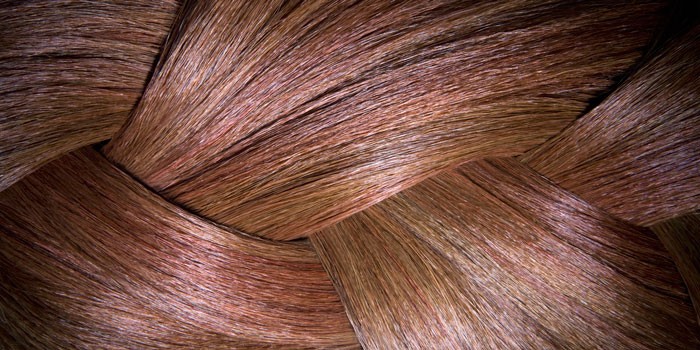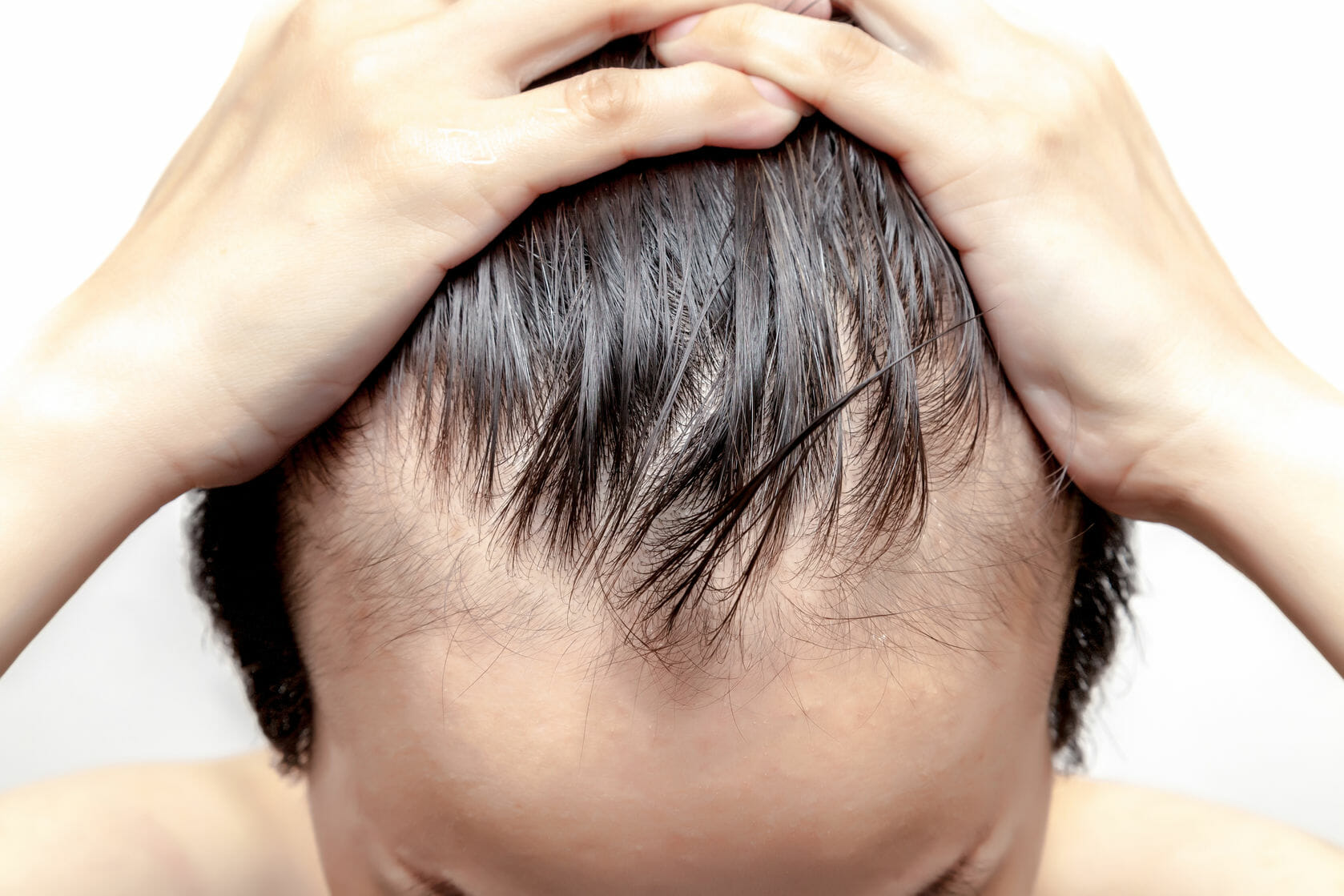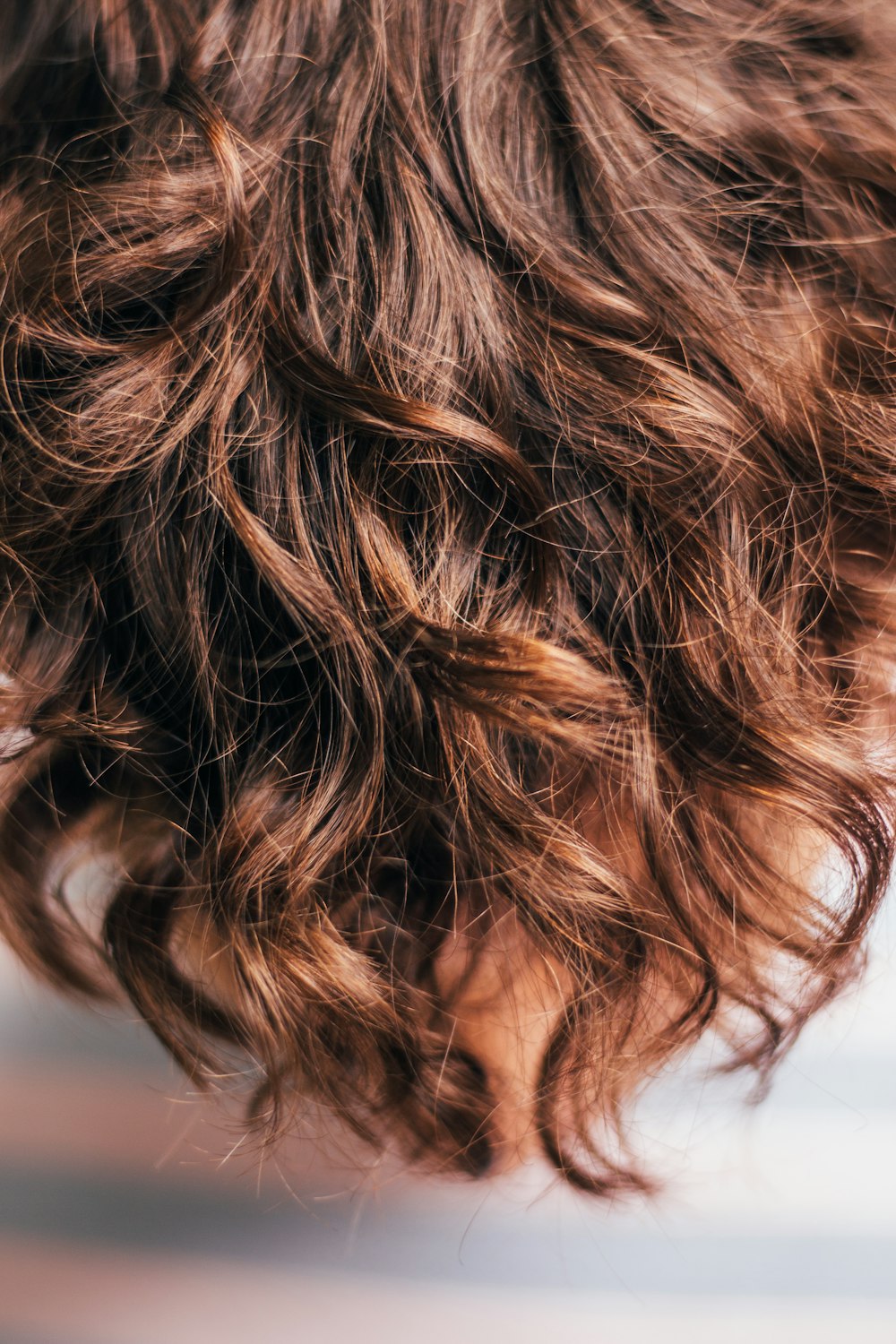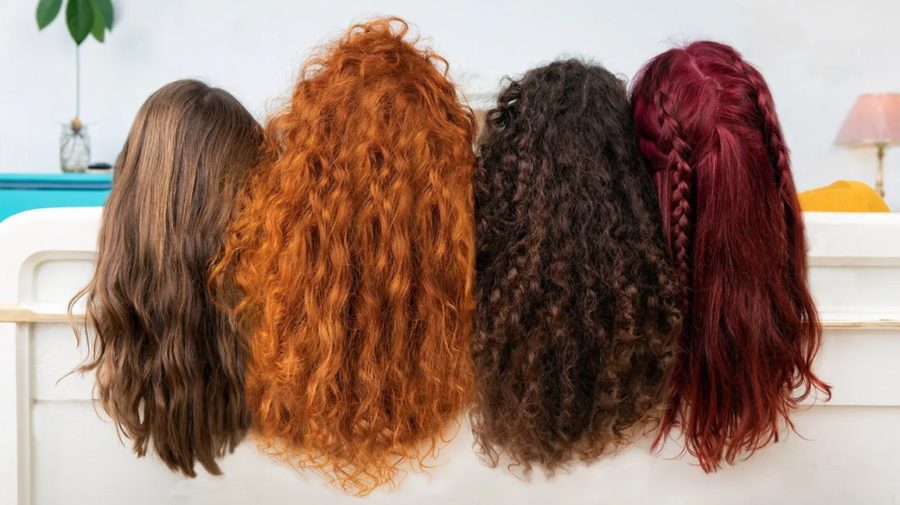Here’s a dermatologist and a hairstylist for expert advice on getting the most out of your mane.
The following written content by Adam Hurly

Creating a healthy head of hair is worth the effort. Ultimately, it means you’ll shed less, slow down any thinning or hairline recession, experience less breakage and fewer split ends and even preserve your hair’s thickness and volume. Taking good care of your hair, from your scalp outward, means better hair days, more consistently, either because you’re investing in the right products—or maybe even taking a targeted prescription, if that what the doctor orders.
Whether you’ve had a string of bad hair days or you just want to ensure your hair is as healthy as it can be, it’s worth it to get expert advice. Which is why we asked two tonsorial professionals—a dermatologist and a hairstylist—for their expert advice and hair health tips.

Don’t let the “derm” in dermatology limit your dependency on these doctors: They don’t just assess your skin. They’re hair experts, too (after all, it sprouts from your skin—so, in that way, they’re skin experts as it pertains to hair growth). Dermatologists can help pinpoint the best solutions for improving hair health, as well as the underlying factors that contribute to your unique situation.
Maybe your situation is genetic. Maybe it’s seasonal or habitual. To know with certainty, you should visit your doctor frequently, says dermatologist and cosmetic surgeon Dr. Dendy Engelman (aka Dr. Dendy), the director of dermatology, Mohs surgery and laser medicine at New York City’s Shafer Clinic. She assesses her patients’ scalps for thinning patterns and patches, irritation, sebum buildup and more. In her view, routine visits will allow for faster, more effective solutions.

In terms of medical solutions, dermatologists will often harness the powers of lasers, plasma, and prescriptions to fortify your hair, reduce hair fall, and even revive some recently lost hair. But many people prefer a strictly holistic approach to the problem, especially given the costs and occasional risks that come with medical approaches—though “holistic” doesn’t necessarily equate to “inexpensive”. It all depends on your approach.
“A holistic approach generally means making changes to your diet, taking natural supplements and using hair or scalp care products in order to promote natural, healthy hair growth,” says Engelman. “This approach tends to be less effective overall and takes longer, compared to other pharmacologic approaches, which have been clinically proven to be more effective.” That’s not a discouragement, it’s simply a matter of setting proper expectations. Compare it to a common-cold scenario: You can either have hot tea to soothe a cough and fall asleep, or you can take Nyquil and doze off quickly and quietly. To each their own.
Many people combine natural and medical approaches to arrive at the end goal of thicker, fuller, stronger hair. And, two of the most popular solutions these days (low-level light therapy and platelet-rich plasma) blur the line between the two.
3 Non-Medical Strategies for Healthier Hair
Aside from the treatments mentioned above, Engelman recommends three holistic, habitual strategies for improving the quality of your hair.
Audit Your Diet
“People tend to believe that if they are using high-quality products in their hair, then that should be enough for hair health,” Engelman says. “In reality, most of the nutrients we need for our hair should be obtained from the foods we eat. Our hair is made up of protein, and in order to support its health, we need to maintain a balanced diet.”
For this, she recommends healthy fats (like nuts, fish, flax), vitamin A (from milk and yogurt), vitamin B (from beef, chicken and potatoes), and iron (from lentils, spinach and eggs).
“Fats are necessary for the absorption of fat-soluble vitamins (A, D, E and K) nutrient absorption, and vitamin B helps to break them down along with carbohydrates, which ultimately strengthens the hair,” she says. “Vitamin A is utilized by our cells to produce sebum, which is an oily substance that coats, moisturizes and protects the skin; sebum is essential for scalp health, which is a direct line to healthy hair growth. Finally, iron distributes oxygen to the cells, and low iron levels can directly lead to hair loss. Together, these nutrients work as a system to regulate not only your hair health but the health of your entire body.”
It should go without saying then, that anything counter to healthy dieting—like binge drinking and ingesting over-processed, sugary foods—can hinder the health of your hair just as it can the rest of your body.
Manage Your Stress

One of the most common causes of hair loss is stress, and it’s not just from sudden instances of stress. Sometimes it can steadily sneak up on you, after months of working long hours or never getting enough sleep. Any kind of stress—physical, mental or emotional—can increase cortisol levels, which can then trigger follicles to shed the hairs.
“Find ways of managing stress that work for you—like yoga, walking, time with friends or therapy,” Engelman advises. “You may be surprised by the effect it has on your hair!”
Use a Humidifier
Your hair’s health is often directly correlated to the environment around it. “Especially in the dry winter months, hair becomes much more brittle, fragile and breakable,” Engelman says. “Using a humidifier daily is an easy way to bring moisture back into your environment, allowing your hair to better retain its own moisture and protect itself.” Read more from Robb Report.





